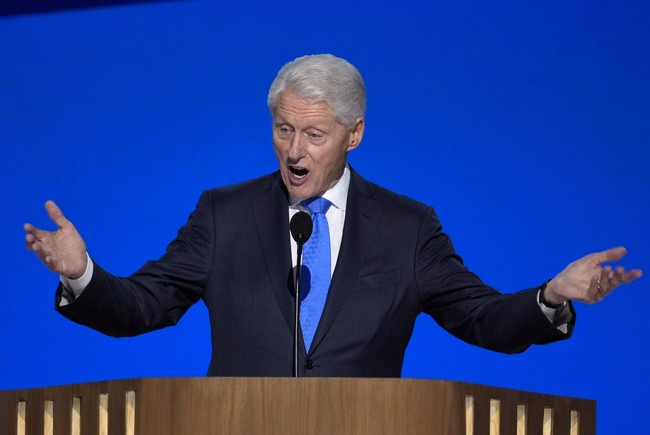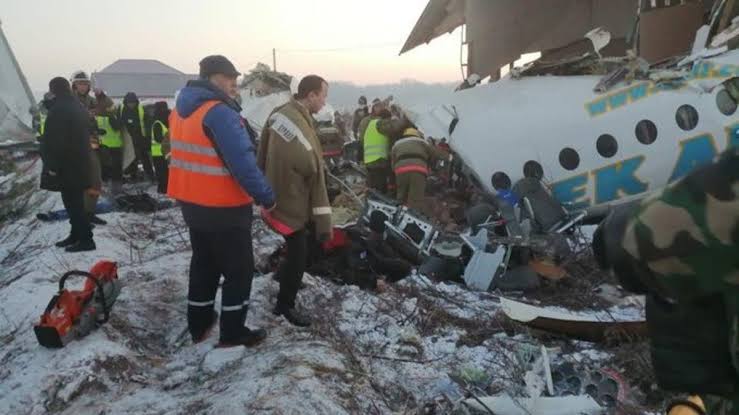Japan-China Diplomatic Talks on Security Tensions
Explore the recent diplomatic exchanges between Japan and China, highlighting key issues including military tensions, territorial disputes, and potential impacts on regional stability.
Published December 26, 2024 - 00:12am

Image recovered from guardian.ng
Amidst escalating tensions in East Asia, Japan and China have embarked on a significant diplomatic mission to address and hopefully alleviate longstanding concerns regarding regional security and bilateral relations. The latest efforts were marked by a recent meeting in Beijing, where Japanese Foreign Minister Takeshi Iwaya raised serious concerns about China's military expansion and its activities around the disputed Senkaku Islands as well as Taiwan. This dialogue took place at the opulent Diaoyutai State Guesthouse, a symbolic venue reflecting the gravity of the issues discussed.
Japan and China have historically been at odds over various territorial and militaristic matters, with the Senkaku Islands at the forefront of these disputes. The islands, known as Diaoyu in Chinese, are controlled by Japan but claimed by China, leading to frequent diplomatic standoffs and military posturing. Japan has been vigilant of China's military maneuvers in the East China Sea, observing recent incursions such as the airspace breach by a Chinese military aircraft, an event which Japan deemed a serious violation of its sovereignty.
Despite these tensions, both nations have expressed a desire to maintain constructive and stable relations, as highlighted by the discussions in Beijing. China's Foreign Ministry, while not directly addressing the military issues in public statements, emphasized the importance of economic, cultural, and environmental cooperation. This reflects a broader strategy to bolster bilateral ties while managing areas of contention diplomatically.
The historical backdrop of Japan's occupation of parts of China during World War II continues to simmer as a sore point. Visits by Japanese officials to the Yasukuni Shrine, which honors war dead including convicted war criminals, are particularly sensitive and continue to spark protests from Beijing. Yet, both countries recognize the importance of their trade relationship, which remains vital despite these ongoing frictions.
Adding to this complex interplay are recent geopolitical shifts, including the change in the US administration with Donald Trump's return to the White House. This has compounded Japan's security calculus, given its reliance on US support. Tokyo is keenly aware that any disruption or shift in US-Japan relations could have wide-ranging impacts on regional stability, a point not lost on Beijing, which might see it as an opportunity to advance its interests in the Indo-Pacific region.
On the economic front, there have been strides toward cooperation, particularly in areas such as environmental protection and energy conservation, as agreed during the exchange between Iwaya and his Chinese counterpart Wang Yi. Reflecting mutual interests, these measures signify potential pathways for both nations to engage positively amidst the broader backdrop of strategic competition.
Furthermore, the diplomatic dialogue underscored a shared obligation towards regional peace and stability, amidst rising defense budgets and military activities in the region. Japan's recent increase in defense spending signals its intent to fortify its security posture, aligning closely with the US, which maintains a significant military presence in Japan to deter potential threats.
As both nations navigate this intricate landscape, they have agreed to further diplomatic engagements, with Wang Yi slated to visit Japan for high-level economic talks. This diplomatic thread offers a glimmer of hope in an otherwise tense relationship, aiming to cultivate a dialogue that prioritizes shared challenges over divisive issues.
The successful implementation of these diplomatic overtures could forge a pathway toward reducing tensions and fostering a more stable regional environment. However, with perennial issues such as territorial sovereignty and military encroachments at play, the road ahead remains fraught with challenges, demanding robust dialogue and diplomacy from both Tokyo and Beijing.







